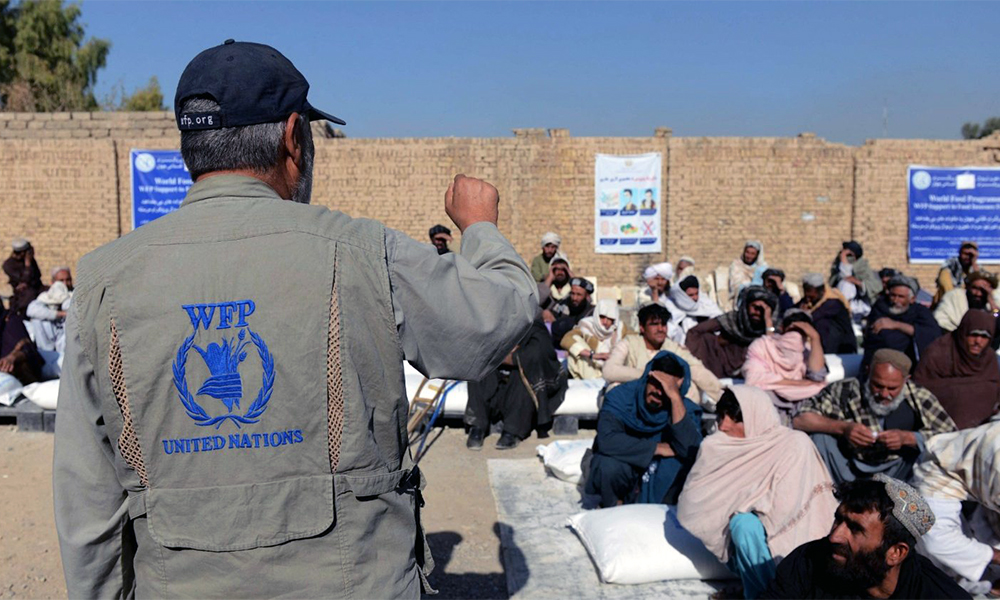The World Food Programme (WFP) has issued an urgent warning about the rapidly escalating malnutrition crisis in Afghanistan, describing it as the “sharpest rise in malnutrition ever” recorded in the country. In a statement posted on social media platform X, the organization emphasized the severe impact the crisis is having on children and called for sustained international funding to prevent further loss of life.
“Afghanistan is facing the sharpest rise in malnutrition ever. Children are being hit hardest. We need sustained funding to save lives,” WFP wrote, drawing global attention to the worsening humanitarian emergency.
According to WFP and other humanitarian agencies, the situation in Afghanistan has been deteriorating due to a combination of factors including economic collapse, prolonged drought, widespread poverty, and ongoing restrictions on women’s access to work and healthcare. These conditions have significantly undermined families’ ability to access food, healthcare, and other basic necessities.
The sharp increase in malnutrition rates especially among children under the age of five has alarmed aid organizations. Malnourished children face a much higher risk of disease and death, and many are currently unable to receive adequate treatment due to shortages of funding and medical supplies.
WFP and its partners have been providing food assistance and nutritional support across Afghanistan, but officials warn that current operations are at risk unless new funding is secured. In recent months, international donor fatigue and shifting global priorities have led to reduced aid allocations, threatening the continuity of lifesaving programs.
Aid agencies are urging the international community to recognize the severity of the crisis and take immediate action. “This is not the time to turn away,” said one WFP official. “Without a renewed commitment from donors, the lives of millions particularly children are in grave danger.”
Afghanistan’s humanitarian needs remain among the most urgent in the world. According to the United Nations, over half of the population more than 23 million people—require humanitarian assistance in 2025, with food insecurity and malnutrition ranking among the top concerns.




